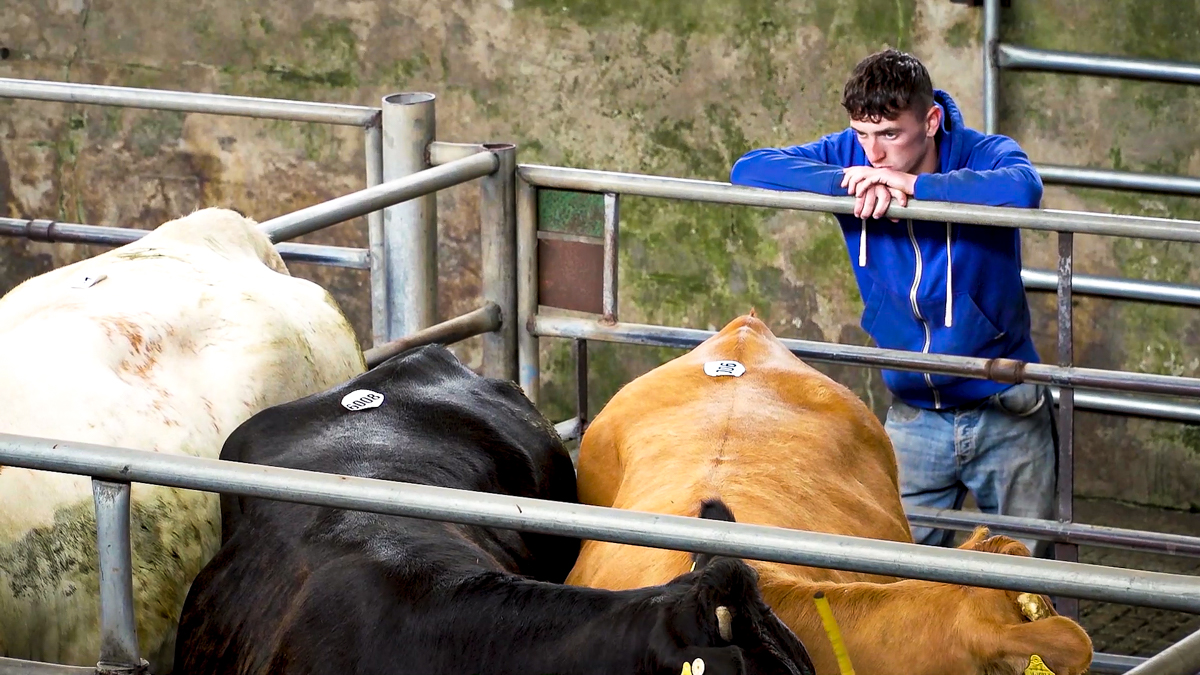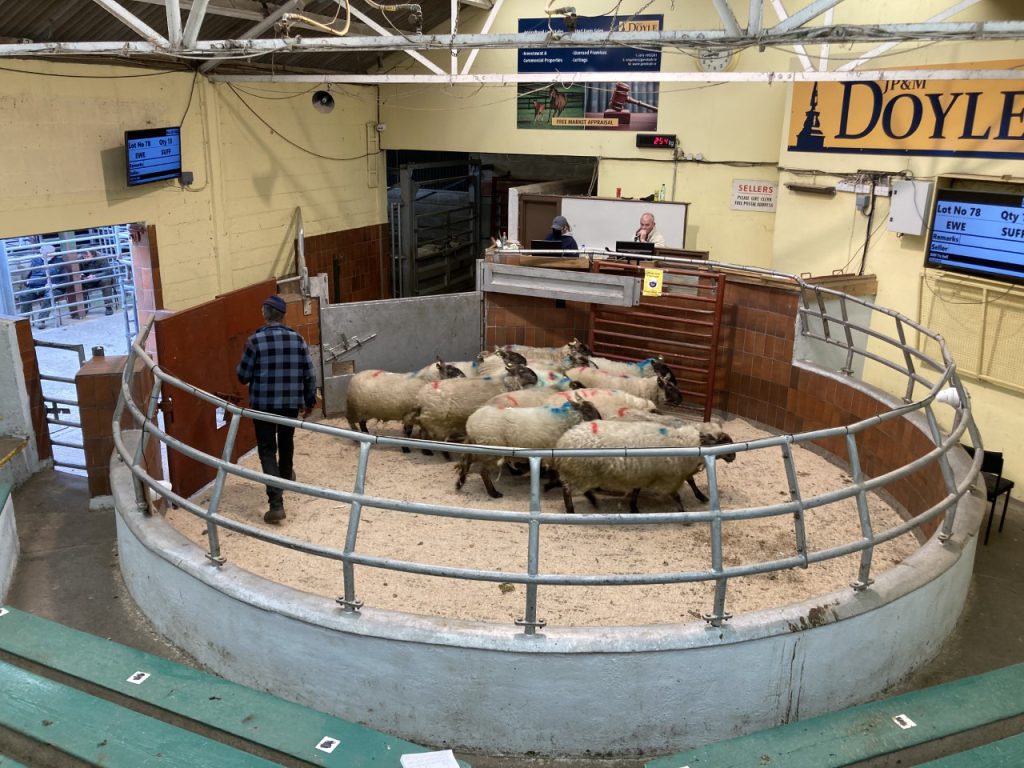A new awareness campaign to help hammer home the message that livestock markets across England and Wales continue to work to the highest standards of health and safety and animal welfare is being kick-started by the Livestock Auctioneers’ Association (LAA), during national Farm Safety Week (July 19-23).
In support of the Farm Safety Foundation’s national annual campaign, Farm Safety Week, the LAA is highlighting its members’ commitment to providing a safe and secure environment for the live sale of livestock through marts across England and Wales, as Covid-19 restrictions continue to ease.
A key initiative supporting safe operational activities at livestock markets has been the introduction of a drover training scheme by the LAA in 2017, developed by independent training professionals Animal-I, and in co-operation with the AHDB.
The ‘Safe Hands’ Master Drover Programme enhances existing training practices, providing a series of units covering handling, animal welfare, health and safety and market requirements.
Initially designed and delivered on a ‘train the trainer’ basis, the LAA-owned material has now been converted to a series of online training modules, with the LAA now further developing the course content and delivery options across its member marts.
Health and safety training
“Drovers are an essential part of the smooth operation of the livestock market, they have a key role in ensuring that the highest standards of animal health and welfare are met at all times,” said LAA executive secretary, Chris Dodds.
“Equally, the health and safety of staff and people is crucial, and this independent training module addresses the key requirements and responsibilities.”
Zanna Dennis, LAA development officer said:
The role of the market is very diverse, and the welfare standards for animals, and safety of people, is crucial to its success.
“This forms part of an ongoing initiative, based around practical advice and guidance to reinforce our measures to safeguard the health, safety and welfare of market clients, staff teams and of course the livestock in our care,” she concluded.


